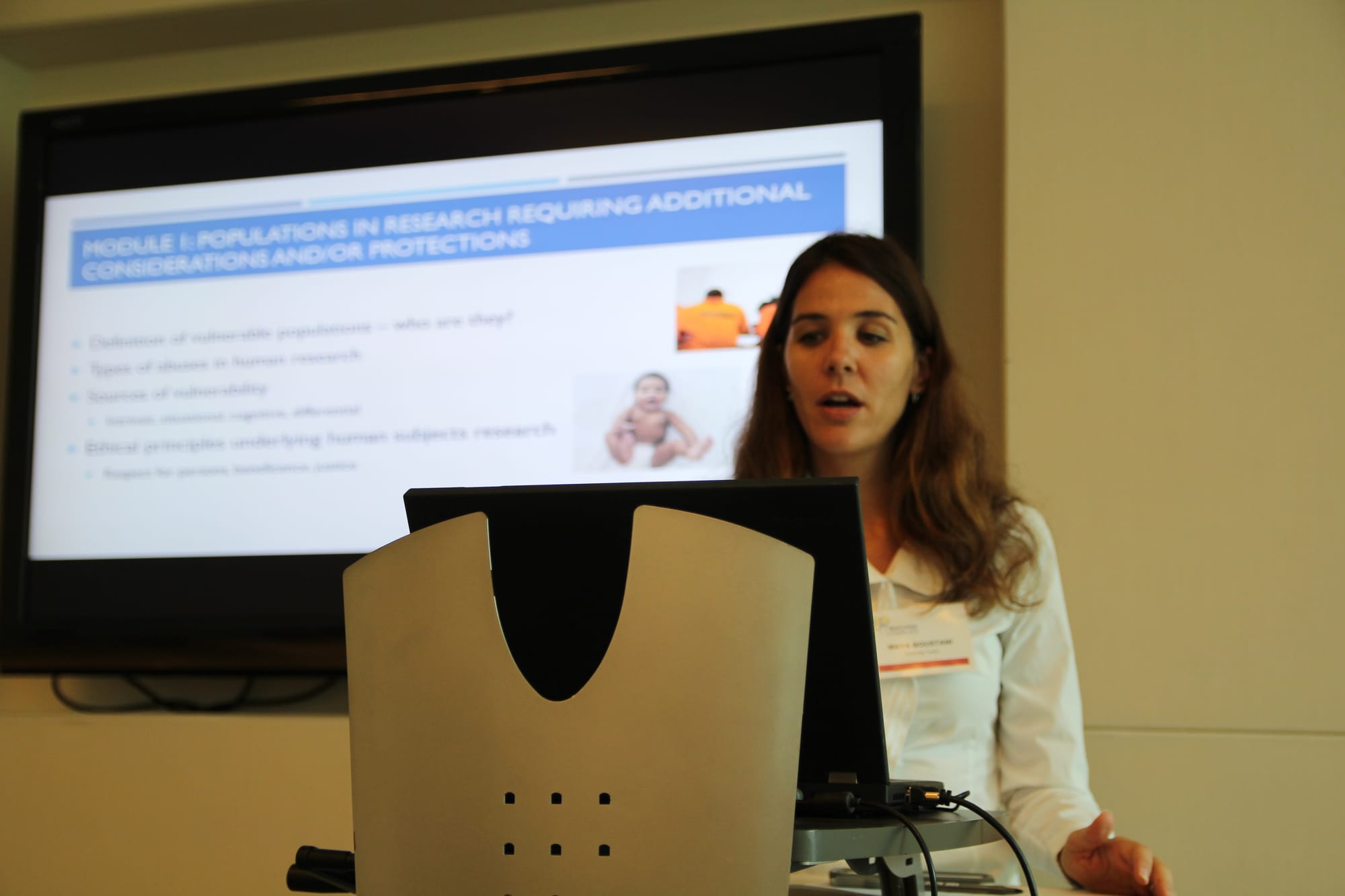Helping clinicians engage children and families into therapy

Link to full article: https://behavioralhealth.llu.edu/blog/helping-clinicians-engage-children-and-families-therapy
Mental health treatments for children and adolescents are more effective than ever at treating common problems such as anxiety, disruptive behaviors, and depression. Unfortunately, about half of children who need treatment do not enroll in service. For those who do enroll, half drop out of treatment prematurely.
Dr. Kimberly Becker at the University of South Carolina and Dr. Bruce Chorpita at the University of California, Los Angeles set out to understand what the research can tell us about ways to effectively engage children and families into mental health treatment. Their review of 50 randomized controlled trials (Becker, Boustani, Gellatly, & Chorpita, 2018) indicates that there are 30 engagement strategies that can be organized into five multidimensional domains (summarized using the acronym REACH: Relationship, Expectancy, Attendance, Clarity, and Homework). The four most commonly used engagement strategies are assessment(understanding the child and family’s needs), psychoeducation (providing the child and family explanations about the treatment or the problem area), accessibility promotion (providing ways to facilitate access to treatment such as longer hours, transportation, snacks), and eliciting barriers to treatment (exploring with the family what might get in the way of accessing treatment such as stigma, lack of childcare, etc.).
Following this review, Drs. Chorpita and Becker developed a coordinated knowledge system (CKS) to organize the findings from this review. The system includes tools for clinicians to assess the level of engagement from the child, the caregiver, and the clinician’s perspectives; a worksheet to support decisions about which engagement strategy to use based on the results of the assessment; and finally a set of clinician guides with step-by-step instructions on how to deliver these engagement strategies to children and families in mental health settings.
A pilot test of this CKS showed promising results (Becker, Boustani, Gellatly, & Chorpita, 2019). A multisite trial funded by the William T. Grant Foundation (Principal Investigator: Chorpita) is currently ongoing in Los Angeles and South Carolina. Clinicians have been randomized into two groups (training in the CKS versus training in practice guidelines about engagement) to determine if receiving training in how to use these engagement strategies can help improve treatment engagement.
Dr. Maya Boustani from the Department of Psychology played an important role in these efforts. As a postdoctoral fellow with Dr. Chorpita at UCLA, Dr. Boustani reviewed and coded dozens of articles from the literature for the review article. She also helped developed study and training materials to launch the randomized controlled trial to test the effectiveness of this CKS. Finally, she served as a consultant to study participants who were using the CKS materials in their clinical services. Last fall, she presented the findings from the review to psychiatry residents at Loma Linda University. A rich discussion about ways to embed engagement strategies in psychiatry followed.
BIBLIOGRAPHY
- Becker, K. D., Boustani, M. M., Gellatly, R. & Chorpita, B. F. (2018). Forty years of Engagement Research in Children’s Mental Health Services: Multidimensional Measurement and Practice Elements. Journal of Clinical Child and Adolescent Psychology, 50(1), 101-114. doi: https://doi.org/10.1080/15374416.2017.1326121.
- Becker, K., Park, A., Boustani, M. M., & Chorpita, B. F. (2019). Feasibility and Acceptability of a Coordinated Intervention Design to Address Treatment Engagement Challenges in School Mental Health Services. Journal of School Psychology, 76, 78-88. https://doi.org/10.1016/j.jsp.2019.07.013.



